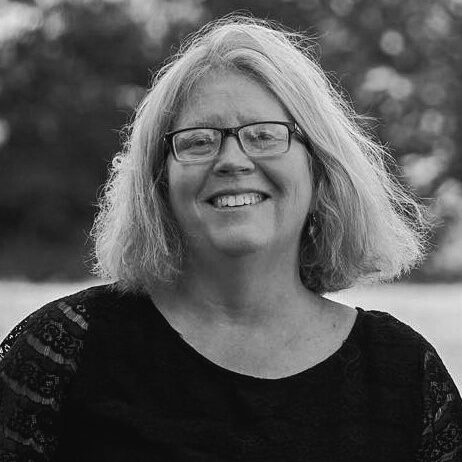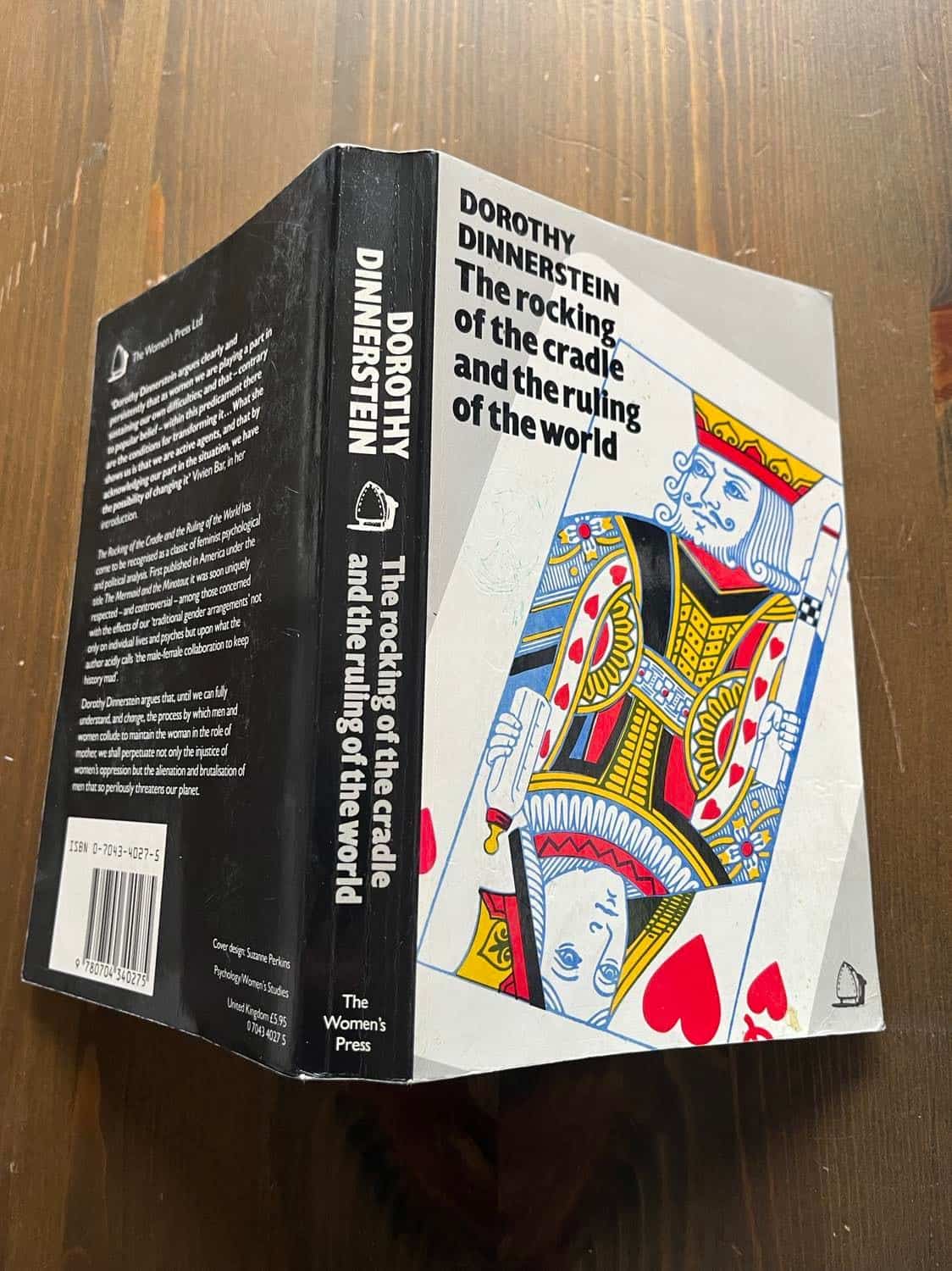
ANNE KRISTINE HAUGESTAD, ACADEMIC


ANNE KRISTINE HAUGESTAD, ACADEMIC
It was the autumn of 1989, I had been studying since 1981 and had already delivered some very good exams. I had just finalized my masters thesis and I was waiting in the hall about to face the censor committee. Working with the thesis had presented some problems, my first mentor dropped it and I had been assigned a new mentor. I had been exploring the possibility of using theories from feminist psychoanalysis in researching the history of ideas. My first mentor was one of the alpha males at the institute and was not happy with my approach. My new mentor helped me shape it up and get the financing for another external mentor who had worked with similar texts before. When the external mentor told me the text was good and should be well received, I submitted it, reassured that even if my choice of topic was controversial, the thesis would hold.
It wasn’t meant to go that way, when the institute council appointed my examination committee they made sure to put together a committee that was opposed to what I was doing. My first mentor and the other alpha male at the institute were normally rivals, but not in this case. They both agreed that this had to be stopped in order to keep the institute clean as they called it.
So I’m standing in the hall waiting to be summoned for the oral examination when finally one of my tutors approaches me. He informed me that the committee had reached the conclusion that my thesis could not be approved as a masters thesis in the history of ideas.
I was crestfallen. In shock. He told me that I could come now and talk to the committee about the decision. I declined, I was not in a state to talk to anyone. I didn’t trust that my voice would hold and I just wanted to get out of there. I asked for a written justification and left.
When I later received the written statement it was a one sided slaughter. At doctorate level it’s common to get written feedback about what’s needed to make it work, but at this level and without constructive feedback. I sent in a complaint. To no avail. Over the following seven years I sent in two more proposals with different approaches but they were both turned down. They just didn’t want me there, they didn’t want me in their faculty. In the arts where there are scarce resources, being rejected is a part of the game, but in academia where the faculty funding is based on research achievements it’s a bit harder to swallow, it was a lose-lose situation. It took me seven years to go back to academia and then I was in an entirely different department.
Anne Kristine Haugestad (b.1964) is currently writing her doctorate in Climatic sociology. She’s been running “Tekstualitet” an online magazine for literary nonfiction for many years as well as working as a text editor. In her spare time she’s also involved in the organizing of a literary festival.
Interview by Terje Floberg
Portrait and picture by Anne Kristine Haugestad